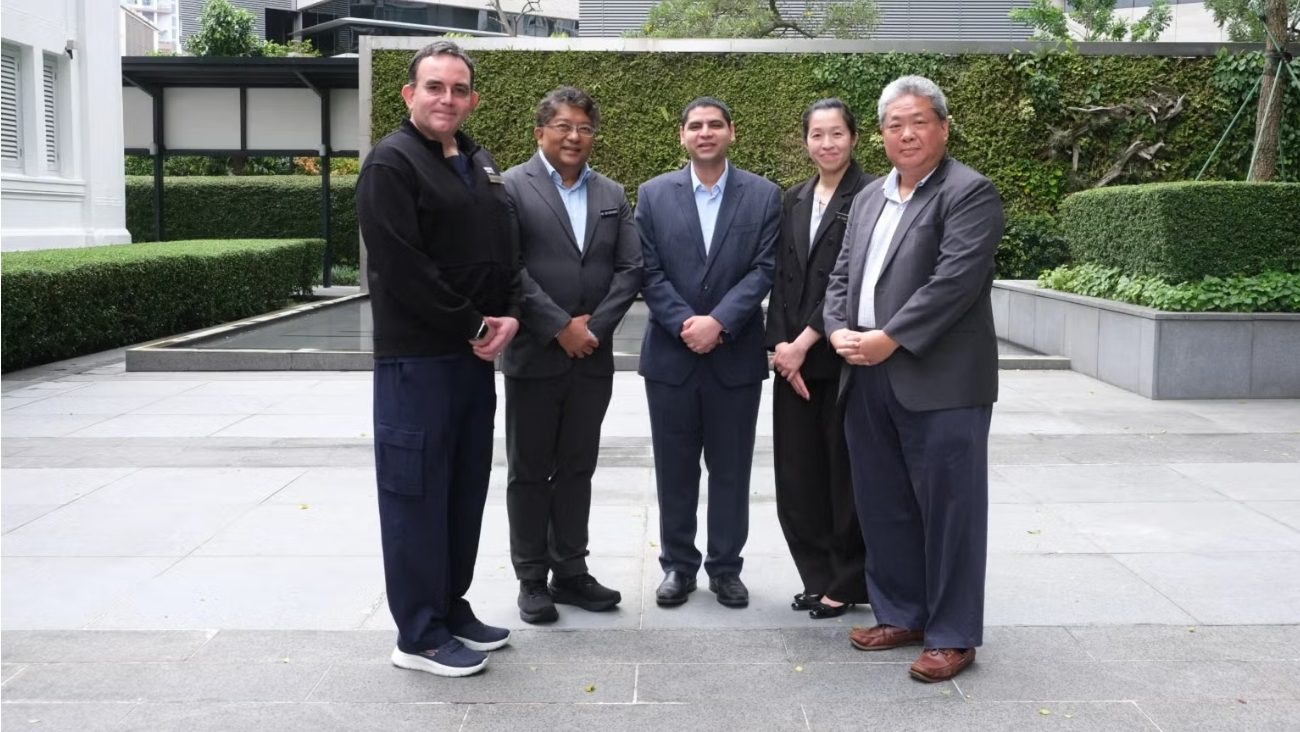SINGAPORE: The Academic Respiratory Initiative for Pulmonary Health (TARIPH) Centre, led by Nanyang Technological University’s (NTU) Lee Kong Chian School of Medicine, has secured Singapore’s first national research grant dedicated to respiratory health.
This milestone initiative, backed by a $10 million Open Fund-Large Collaborative Grant (OF-LCG), is supported by the National Research Foundation (NRF) and administered by the Ministry of Health (MOH) through the National Medical Research Council Office and MOH Holdings.
The NTU-led programme will spearhead a multi-institutional effort, bringing together researchers from nine organisations to address critical respiratory health challenges in Singapore. This collaborative effort focuses on patient-centric translational research across five integrated themes, tackling the rising prevalence of chronic lung diseases such as asthma and Chronic Obstructive Pulmonary Disease (COPD), as well as the long-term health outcomes of post-intensive care patients.
Beyond chronic lung conditions, the research programme will explore the emerging impact of climate change on respiratory health. With Singapore’s urban environment and shifting climate conditions influencing the development of respiratory allergies and diseases, the initiative aims to establish evidence-based strategies to mitigate these risks.
A key aspect of the programme is the creation of a national repository of cellular airway models, which will serve as a critical resource for personalised and targeted lung disease treatments. This initiative is expected to revolutionise lung health research by providing a platform for studying disease mechanisms and developing tailored therapeutic approaches.
Among the groundbreaking projects within this initiative is the development of lab-grown human-like lungs. Researchers from the National University of Singapore (NUS) Yong Loo Lin School of Medicine, including Professor Wang De Yun and Associate Professor Thai Tran, are collaborating with Associate Professor Sanjay Chotirmall from NTU’s Lee Kong Chian School of Medicine to establish this advanced research capability.
By leveraging Precision Cut Lung Slices (PCLS) technology, the team is cultivating lung organoids—miniature lung models that replicate human lung function. These lab-grown structures will enable scientists to study lung diseases in a controlled environment, test new treatments, and accelerate drug discovery efforts. This innovation is expected to enhance the understanding of respiratory conditions and facilitate the development of more effective, personalised therapies.
As Singapore faces an ageing population and evolving environmental challenges, this national research effort aims to position the country at the forefront of lung health research in Asia. By integrating medical, environmental, social, and cultural perspectives, the TARIPH Centre and its partners seek to develop effective national and regional strategies to improve respiratory health outcomes.
With a strong collaborative framework and cutting-edge research methodologies, the TARIPH-led programme is set to drive significant progress in respiratory disease prevention, treatment, and personalised healthcare solutions.

